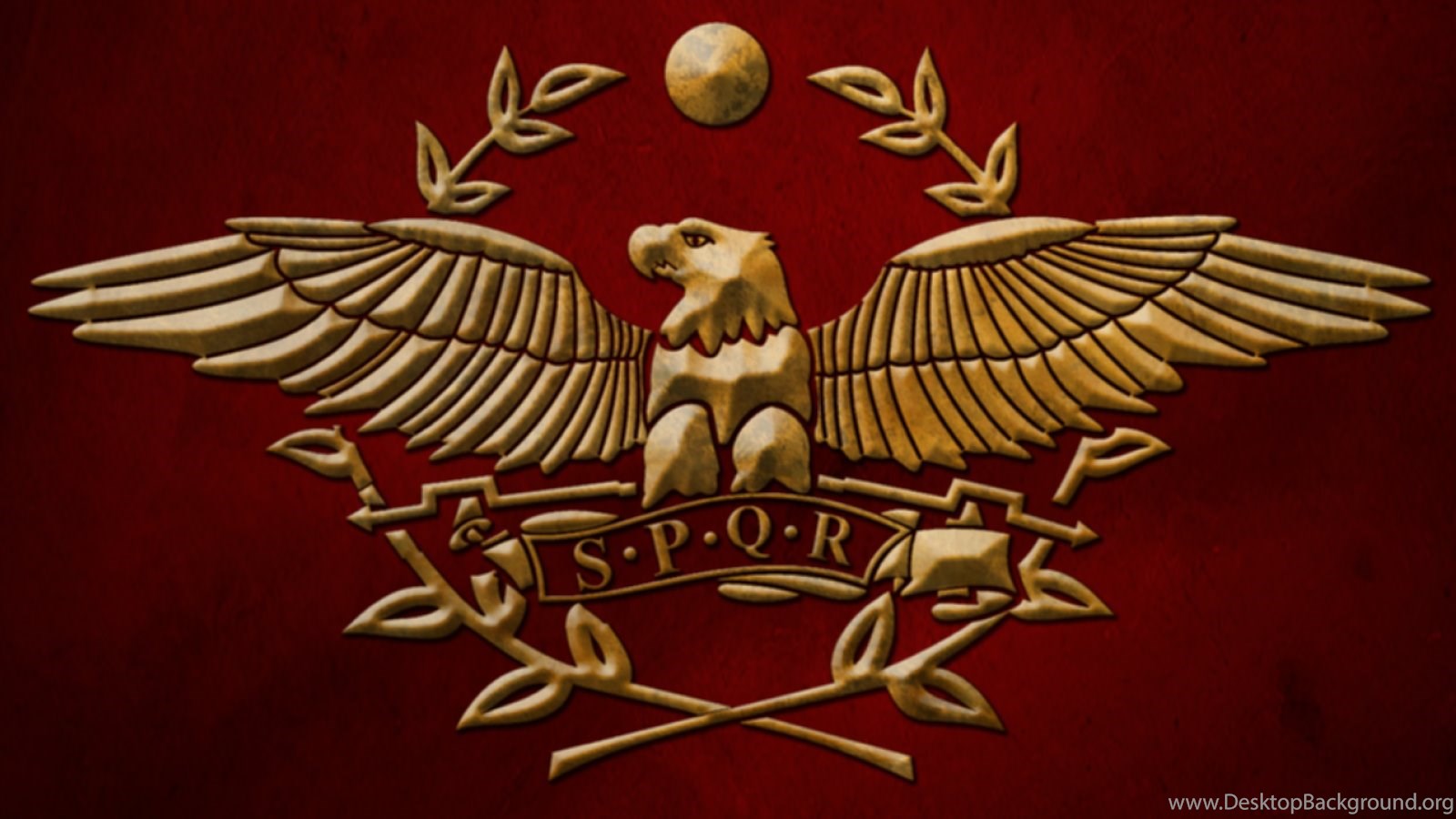

The commitment to stereotype carries over to unit choices. It also means that every other faction has a challenging late-game enemy. Many historians see the competition for glory between Rome’s leading families as key to its unprecedented conquests. This makes sense from a historical perspective. This means that all three Roman factions have secure flanks due to three hardcoded allies and can collectively conquer in all directions at once. Rome itself is divided into four factions: the SPQR, the Julii, Brutii and Scipii. The solution in Rome: Total War is the best I’ve ever seen, in this franchise or any strategy game. Games like Europa Universalis 4 avoid this through cheats given to nations chosen either randomly or based on history. Balancing the various factions on the campaign map generally means that the same AI won’t pull miles ahead with a single faction the same way a human player might. What makes things complicated is that the obvious fix runs counter to the idea of balance. Else they simply have to grind their way through easy fights. Players often finish campaigns early once they reach the point at which no AI stands a chance of beating them.

Any strategy game fan will tell you that late-game blobbing is a huge issue.


 0 kommentar(er)
0 kommentar(er)
